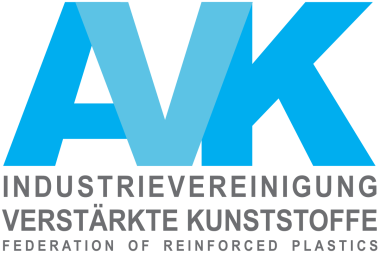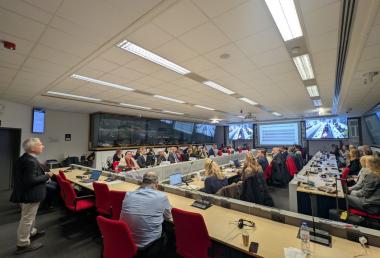AVK-Innovation Award 2026 open for submissions
The German Federation of Reinforced Plastics (AVK) is calling for entries for the prestigious AVK Innovation Award 2026. The association is looking for outstanding innovations in the field of fiber-reinforced plastics (FRP) / composites in the following categories:
- Innovative products/components or applications
- Innovative procedures/processes
- Research and science
The aim of the AVK Innovation Award is to promote forward-looking products, components, and applications made from FRP, as well as innovative manufacturing methods and processes. Another focus is on recognizing excellent scientific work from universities, colleges, and research institutes.
Sustainability plays a central role in all categories. Awards are given not only to the innovations themselves, but also to the companies and institutions behind them. In this way, the AVK aims to highlight the performance, innovative strength, and future viability of the entire composites industry.
The submissions are evaluated by a high-caliber jury of proven experts from the composites industry.
The deadline for submitting application documents is March 27, 2026. Further details and evaluation criteria can be found online.
The award ceremony will take place on October 20, 2026, as part of the JEC Forum DACH in Cologne (October 20-21, 2026).
Industrievereinigung Verstärkte Kunststoffe AVK - Industrievereinigung Verstärkte Kunststoffe e. V. AVK innovation award
AVK - Industrievereinigung Verstärkte Kunststoffe e. V.
















